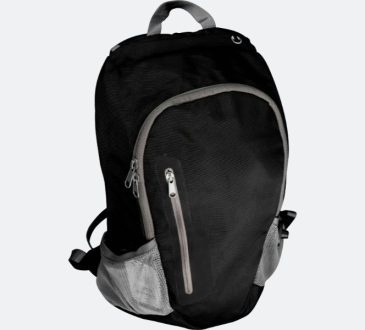
Embracing the digital nomad lifestyle represents a significant shift from traditional work arrangements. Consider your existing expertise and how it can be applied to online jobs. Popular digital nomad careers include freelance writing, web development, graphic design, online teaching, and digital marketing. If your current skills don’t align with remote work, invest time in learning new ones that are in high demand in the digital space.
Building a robust online presence
An online presence is crucial to attracting clients and securing remote work. Showcase your portfolio and services on a professional website. Utilize social media platforms to network and share your expertise. Engaging with online communities in your field leads to valuable connections and job opportunities. Resources like offshorecorptalk.com provide forums where aspiring digital nomads can gather information and connect with like-minded individuals.
Financial planning and budgeting
When you decide to live as a digital nomad, you will need to do some financial planning. Start by calculating your current expenses and estimating future costs associated with travel and remote work. Be prepared to adjust your budget if your income changes, as freelance work can be less stable than traditional employment. Build an emergency fund to cover expenses of reduced income. Consider factors like health insurance, taxes, and retirement savings in your financial plan.
Streamlining your possessions and embracing minimalism
The digital nomad lifestyle often requires downsizing your belongings. Begin decluttering your living space and selling or donating items you no longer need. Focus on keeping essential items that support your work and travel lifestyle. Invest in quality, versatile clothing and compact technology that can withstand frequent travel. Embracing minimalism not only makes travel easier but also helps reduce expenses.
Selecting your first destination
Choosing your initial destination as a digital nomad is an exciting yet crucial decision. Research locations offer a balance of living costs reliable internet connectivity, and a community of fellow remote workers. Popular digital nomad hubs include Bali, Chiang Mai, Lisbon, and Medellin. Consider factors such as visa requirements, time zones, and local culture when making your decision.
Establishing a productive remote work routine
Maintaining productivity while working remotely requires discipline and effective time management. Structure your daily routine to include dedicated work hours, breaks, and exploration. Find suitable workspaces such as co-working spaces or cafes with reliable Wi-Fi. Invest in noise-cancelling headphones and other tools that help you stay focused in various environments.
Managing clients and projects across time zones
Working with clients from different parts of the world requires excellent communication and organization skills. Ensure that you are keeping track of deadlines and deliverables. Clearly communicate your availability and response times to manage client expectations. Consider using scheduling apps to simplify the process of booking meetings across various time zones.
Prioritizing health and well-being on the road
Maintaining physical and mental health while constantly on the move is essential for long-term success as a digital nomad. Develop a portable fitness routine that can be done anywhere, such as yoga or bodyweight exercises. Prioritize healthy eating habits by cooking your meals when possible and researching local food options.
Due to the constant changes in the digital landscape, digital nomads must adapt accordingly. Enhance your skills in industry trends by taking online courses, webinars, and self-study. Be open to pivoting your career direction if new opportunities arise or market demands shift. Networking with other digital nomads can provide valuable insights and potential collaboration opportunities.




